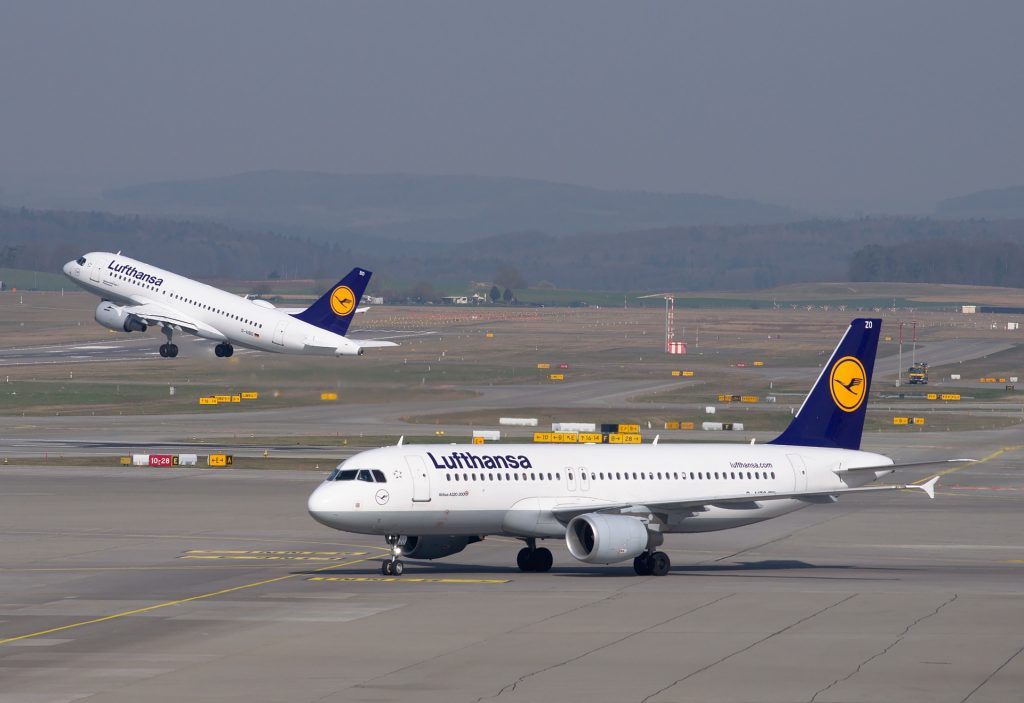The biggest disappointment in the entire frequent flyer industry is the idea of revenue-based programs whereby miles earned are based on how much you spend rather than how much you fly – these programs are not frequent flyer programs anymore, but rather frequent spending programs. The entire idea of a frequent flyer program is to award you more if you fly more, not if you spend more. The more you fly, the more you should be rewarded. That has always been the idea.

Miles Earned with Revenue-Based Programs
Sadly revenue-based frequent flyer programs are the future. It all started a few years ago with Delta Air Lines whereby they introduced the concept of awarding you miles based on the ticket price plus carrier-imposed surcharges rather than on the actual distance flown. This essentially ended the popular “mileage run” concept whereby you would purchase a very cheap ticket and fly purely to earn as many miles as you could.
Elite qualifying miles are generally still awarded the old way – based on the distance you actually fly, though recently, United Airlines has completely removed the concept of miles for their elite status qualifications – you earn elite status based on money spent or a combination of money spent and flights taken.
Mileage Runs were seen as a problem by the major U.S. airlines because most of them awarded you 100% of the miles flown – even on the cheapest tickets. In Europe, this was never an issue as the cheapest tickets earned at most 25% of the miles flown – which is why it doesn’t make sense for European airlines to switch their frequent flyer programs to a revenue-based model. However, the Lufthansa Group and Air France-KLM still decided to switch their frequent flyer programs to a revenue-based model for earning award miles, which again, makes no sense in the European market as before they awarded you only 25% of the miles flown on the cheapest tickets (or a fixed mileage amount within Europe).
Booking through a Partner Airline
You always want to earn as many miles as possible while paying the least amount of money as possible. That’s the entire purpose of the miles & points hobby – to earn miles as cheaply as possible and then to spend them as extravagantly as possible on flights that would normally cost upwards of $10,000 USD. Due to the revenue-based frequent flyer program model, this entire “idea” is slowly being changed. Before, it was possible to book a cheap ticket on United and earn a ton of miles for it… and nowadays, you will earn miles based on how much you pay… unless… yes, there’s another way!
Virtually all airlines have partner airlines nowadays and the idea of an airline partnering with another airline is so that both of those airline’s passengers can fly to places where their airline can’t fly them to. For example, United Airlines does not fly to Vienna, Austria – but their codeshare partner and fellow Star Alliance member airline, Austrian Airlines, does. Therefore you can book a ticket through United from New York to Vienna for a flight which is operated by Austrian Airlines but booked under a United flight number and on a United ticket.
Therefore you have a United flight number, a United ticket number, but a flight operated by Austrian Airlines. If crediting the miles earned for this flight to United’s own program, you would earn under United’s revenue-based rules because the ticket was issued by United even though you are not actually flying United. Similarly, if we were to book a United Airlines flight through Austrian’s website and credit the miles to Austrian’s frequent flyer program, we would also earn based on revenue as Miles & More is revenue-based for earning award miles.

Crediting Miles Earned on Revenue Tickets
Remember the above information, we have two tickets:
- Austrian Airlines flight booked through United with a United flight number
- United Airlines flight booked through Austrian with an Austrian flight number
You can book travel through United Airlines for flights on Austrian Airlines because the two airlines are Star Alliance members and codeshare partners. Why does all of this matter? Because in a revenue-based frequent flyer program, you usually only earn miles in a revenue-based way if you booked your flight with the airline operating that program. For example, you book a ticket through United and credit the miles to United’s program – you earn miles in a revenue-based way. Same with Austrian Airlines – you book a flight through them and credit miles to their frequent flyer program and you’ll earn in a revenue-based way.
What if… you book a flight through United Airlines but credit the miles earned to Austrian’s frequent flyer program? You will earn miles under the old system of distance flown and booking class. This is because Austrian doesn’t necessarily know all of the details about the ticket since it was not issued by them and therefore will credit you miles based on the “old” system of distance flown and booking class.
Even if the flight is an Austrian Airlines flight, as long as you booked it through United, you should get miles the old way if you credit to Austrian’s program. Amazing, right? This generally works with most revenue-based frequent flyer programs – as long as you don’t book through the airline you want to credit your miles to, you should be earning miles the old way.
In Conclusion
There’s still a way to earn miles the old way in a revenue-based frequent flyer program – simply book through a partner airline. It is important to understand that this does not always work – several criteria must be met in order for you to be able to book through a partner airline for travel on your desired airline. Aside from codeshare agreements and airline partnerships, there are also many other rules at play here. For example, you generally can’t book Austrian Airlines flights within Europe (if they are not part of a larger ticket with flights outside of Europe) through United at the lowest possible price – instead you will be quoted the highest possible fare.
Therefore this idea of booking through another airline to fly “your” airline and credit miles to “your” frequent flyer program may not always work.. but generally for long-haul flights where the airlines have a high level of partnership, you can use this to your advantage and earn miles based on the distance flown and booking class instead of a revenue-based way. Remember that cheap tickets can potentially still earn you lots of miles if they are credited in the traditional way and if they are booked correctly.
